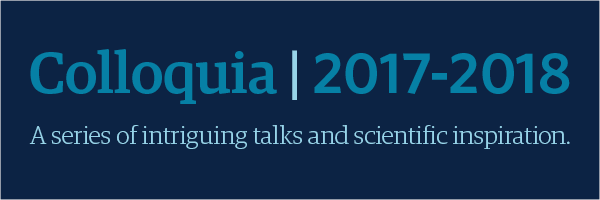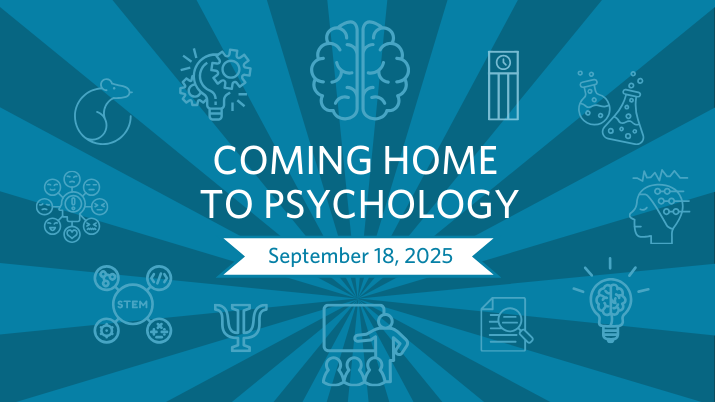

FEATURING
Dr. Joseph Simmons, Associate Professor at the Wharton School of the University of Pennsylvania.
TITLE
Life After P-Hacking
ABSTRACT
P-hacking is the practice of conducting many analyses on the same dataset until one achieves a reportable, statistically significant result (p < .05). P-hacking can lead researchers to believe in, and publish, findings that are false (i.e., not replicable), and it is likely the major reason why, in many fields (e.g., psychology, medicine), too many published findings do not replicate. Not surprisingly, the recognition that too many published findings do not replicate has led many different researchers to advocate for making many different changes to the way we report and conduct our research. In this talk, I discuss which of these proposed changes will effectively improve the way we do science and which will be ineffective or harmful. For example, I will conclude that pre-registration will do a lot of good, and that meta-analytic thinking will do a lot of harm.
BIO
Joseph Simmons is an Associate Professor at the Wharton School of the University of Pennsylvania. His research focuses on two core areas. The first is the psychology of judgment and decision-making, focusing on the biases and errors that influence people’s decisions. His other area of research focuses on promoting research practices that improve the integrity of published findings.


Annually the Department of Psychology hosts a Colloquia Series throughout the academic year.

